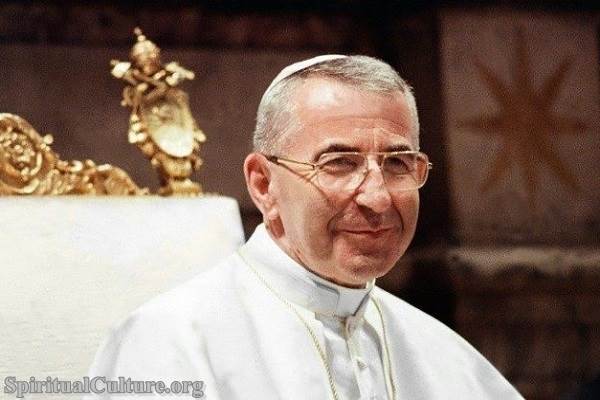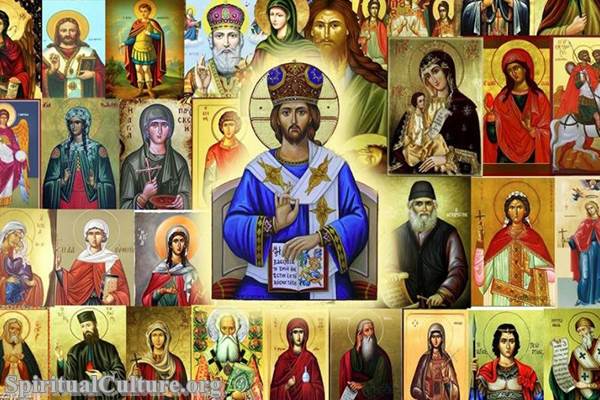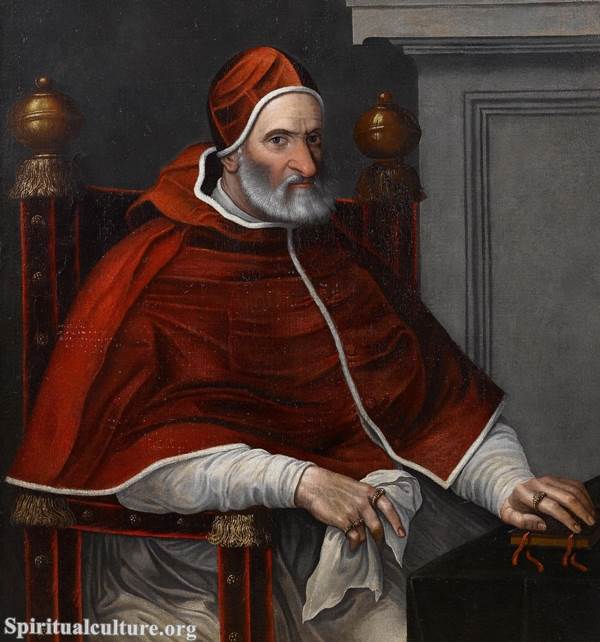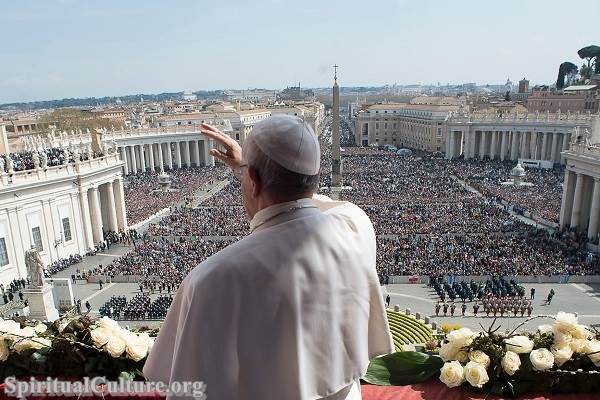Pope John Paul I, remembered as the “Smiling Pope,” served as the head of the Catholic Church for a mere 33 days in 1978, making his papacy one of the shortest in Catholicism’s history. Despite his brief tenure, Pope John Paul I left an indelible mark on the Catholic Church, embodying the essence of humility, kindness, and a deep love for humanity.

Pope John Paul I (1912-1978)
Born Albino Luciani in 1912 in Canale d’Agordo, a small town in Northern Italy, Pope John Paul I grew up in a working-class family. His early experiences with poverty shaped his empathetic approach to Catholicism, emphasizing the need for the Church to serve as a refuge for the downtrodden. After completing his studies at the Gregorian University in Rome, he was ordained a priest in 1935. He ascended the ranks of the Catholic hierarchy, first as a bishop, then as a cardinal, before finally being elected Pope following the death of Pope Paul VI in 1978.
Catholicism is a religion rooted in Jesus Christ’s teachings. It emphasizes the importance of love, charity, and humility, principles that Pope John Paul I exemplified throughout his life. He was known for his warm personality and his ability to connect with people from all walks of life. He was a strong advocate for social justice, emphasizing the need for the Church to play a more active role in addressing issues of poverty and inequality.
Pope John Paul I’s approach to Catholicism was characterized by his belief in the need for the Church to be more accessible and relatable to the common man. He was the first Pope to use the singular form “I” instead of the royal “we” in his public addresses, a symbolic gesture reflecting his humility and desire to connect with the faithful on a personal level. He also introduced the practice of simplifying the complex theological teachings of Catholicism into easy-to-understand parables and anecdotes, making the faith more approachable for the masses.
Despite his short tenure, Pope John Paul I made significant strides in modernizing the Catholic Church. He was the first Pope to refuse the traditional Papal Coronation, opting instead for a simpler inauguration ceremony. This was seen as a shift away from the pomp and circumstance traditionally associated with the papacy, reflecting Pope John Paul I’s desire for a more humble and service-oriented Church.
Pope John Paul I’s commitment to Catholic principles extended to his interactions with the global community. He was a staunch advocate for peace and diplomacy, calling for an end to the arms race and urging nations to resolve conflicts through dialogue rather than violence. His efforts to promote peace and unity extended beyond the Catholic Church, reaching out to leaders of other faiths in a bid to foster interfaith dialogue and understanding.
In the annals of the Catholic Church, Pope John Paul I is remembered as a beacon of humility and compassion. His approach to Catholicism was centered on the belief in a Church that is accessible, relatable, and deeply involved in the lives of its followers. His teachings and ideals continue to inspire millions of Catholics around the world, serving as a reminder of the transformative power of love, charity, and humility.
The legacy of Pope John Paul I serves as a testament to the profound impact that one individual can have, even in the shortest amount of time. His life and teachings continue to inspire Catholics worldwide, reminding us of the importance of humility, compassion, and service to others. Although his papacy was brief, Pope John Paul I’s impact on Catholicism and the Catholic Church is immeasurable, proving that the power of faith and love can indeed change the world.






